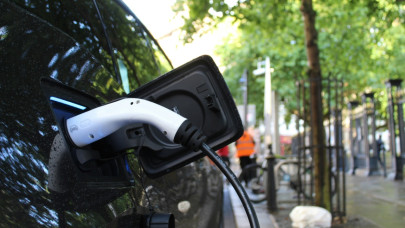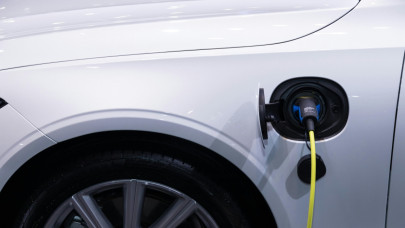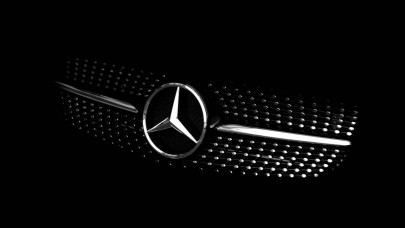VDA President Hildegard Mueller emphasized the need for stronger incentives to accelerate the adoption of renewable energy sources and to encourage investment. Germany's automotive sector is pushing for a sufficient supply of CO2-neutral fuels, such as biofuels and e-fuels, to power the 40 million combustion-engine vehicles expected to remain on the road, even if the government achieves its target of 15 million electric cars by 2030.
The VDA expressed concern that the 2030 targets might not provide enough motivation for the mineral oil industry to invest in climate-friendly fuels. While the EU has set a target for at least a 29 percent share of renewable energy by 2030, and a 14.5 percent reduction in greenhouse gases compared to what would have been emitted from fossil fuels, Germany, as Europe's largest economy, has committed to a higher reduction rate of 25 percent. However, the VDA argues that a 35 percent reduction is necessary.
The EU regulation also mandates a 5.5 percent quota for biofuels and synthetic fuels, with at least 1 percent from synthetic fuels. The VDA is advocating for a 5 percent minimum for synthetic fuels. Additionally, the VDA suggests setting further interim targets to reduce greenhouse gas emissions by 60 percent by 2035, 90 percent by 2040, and achieve a 100 percent reduction by 2045. The association also called for a ban on the sale of fossil fuels at German gas stations starting in 2045 to support climate protection efforts.













